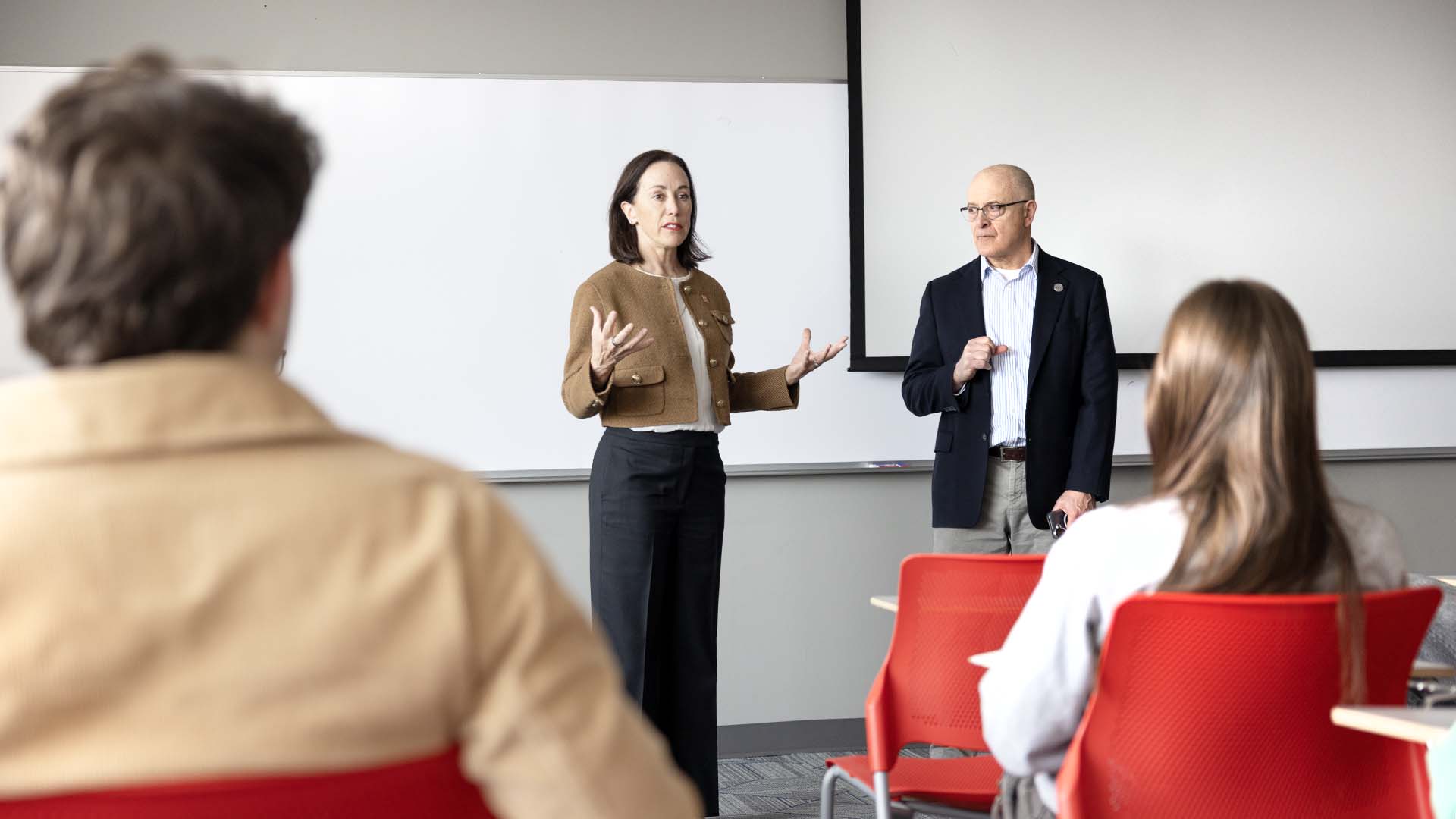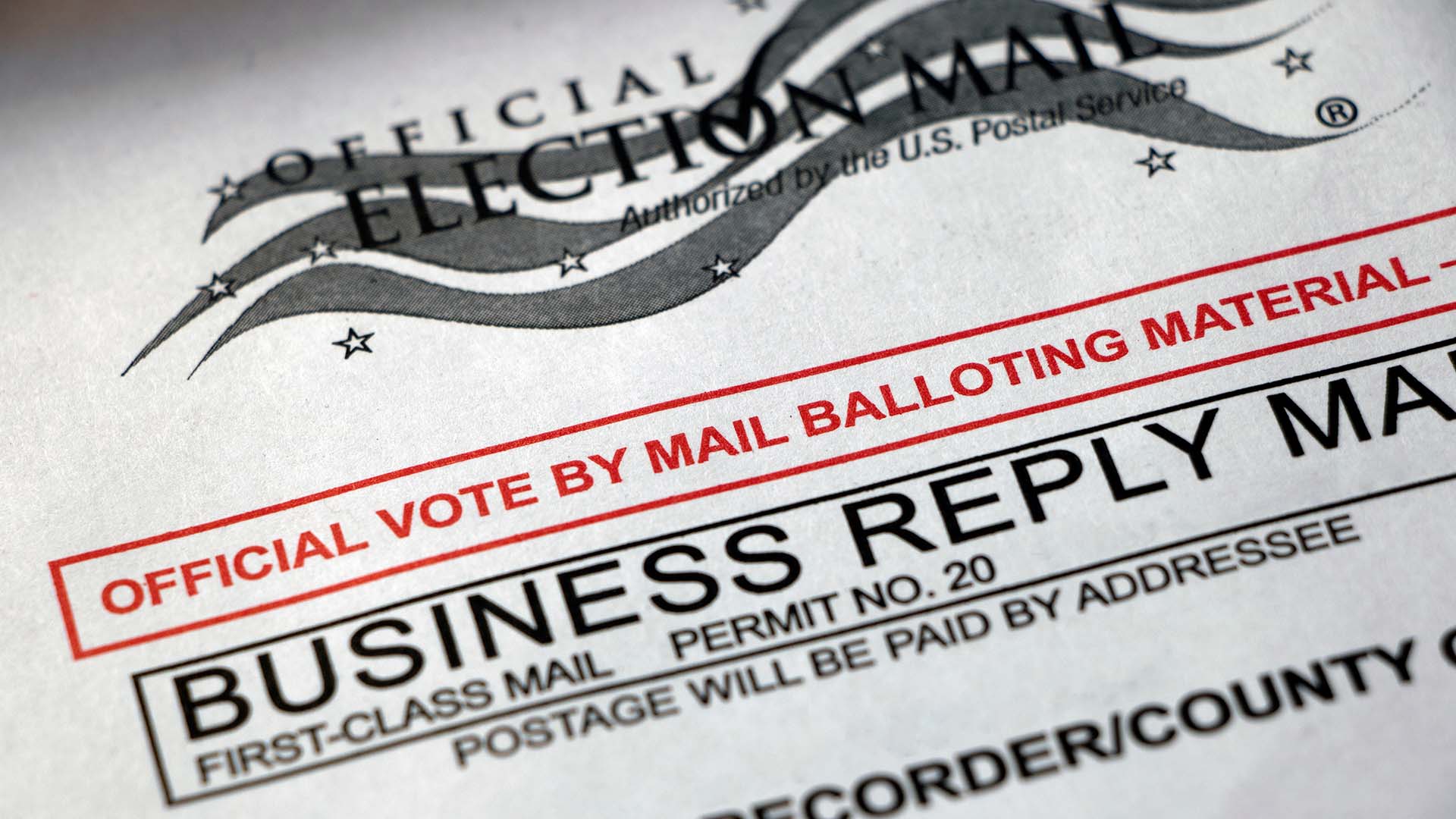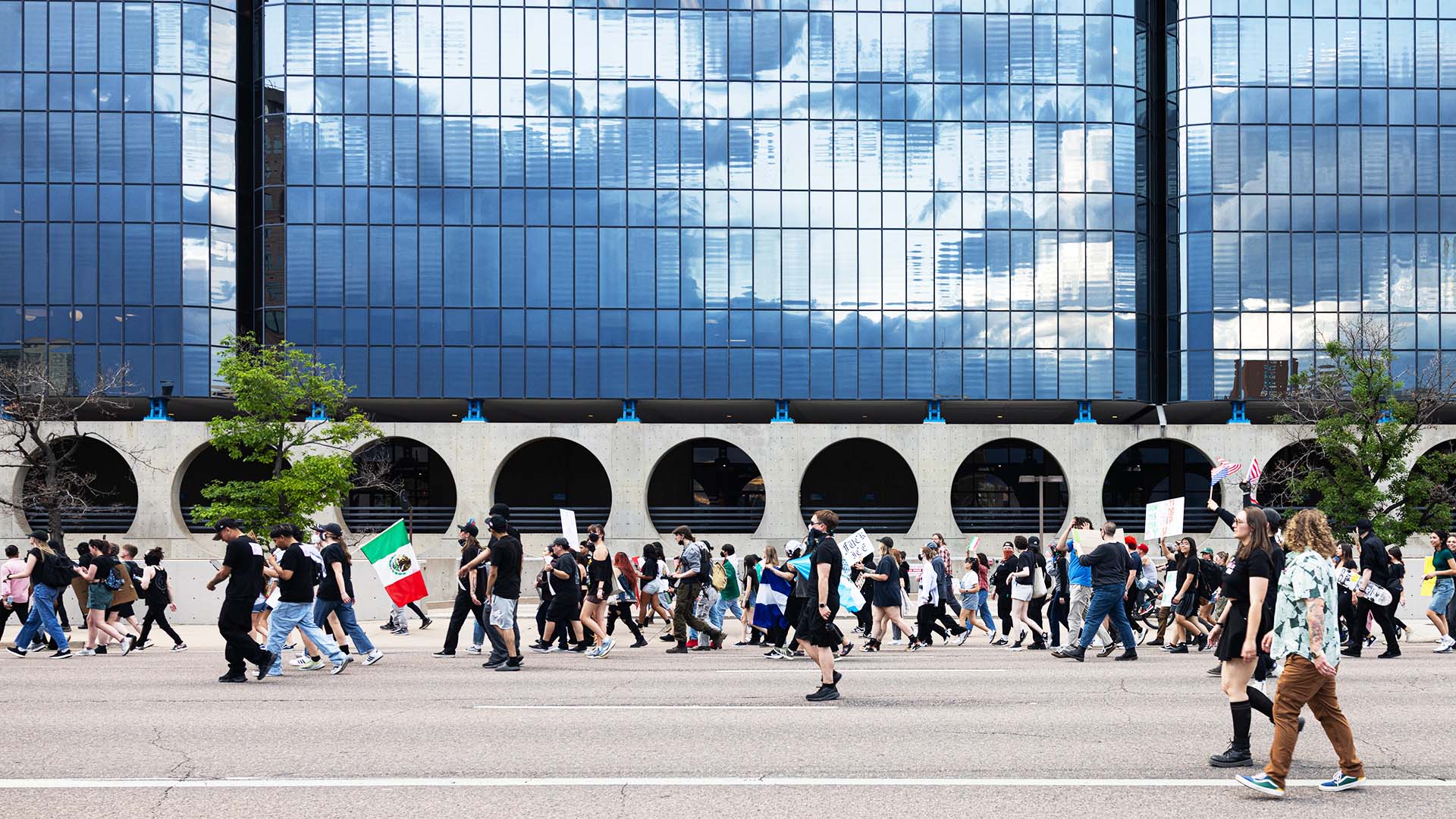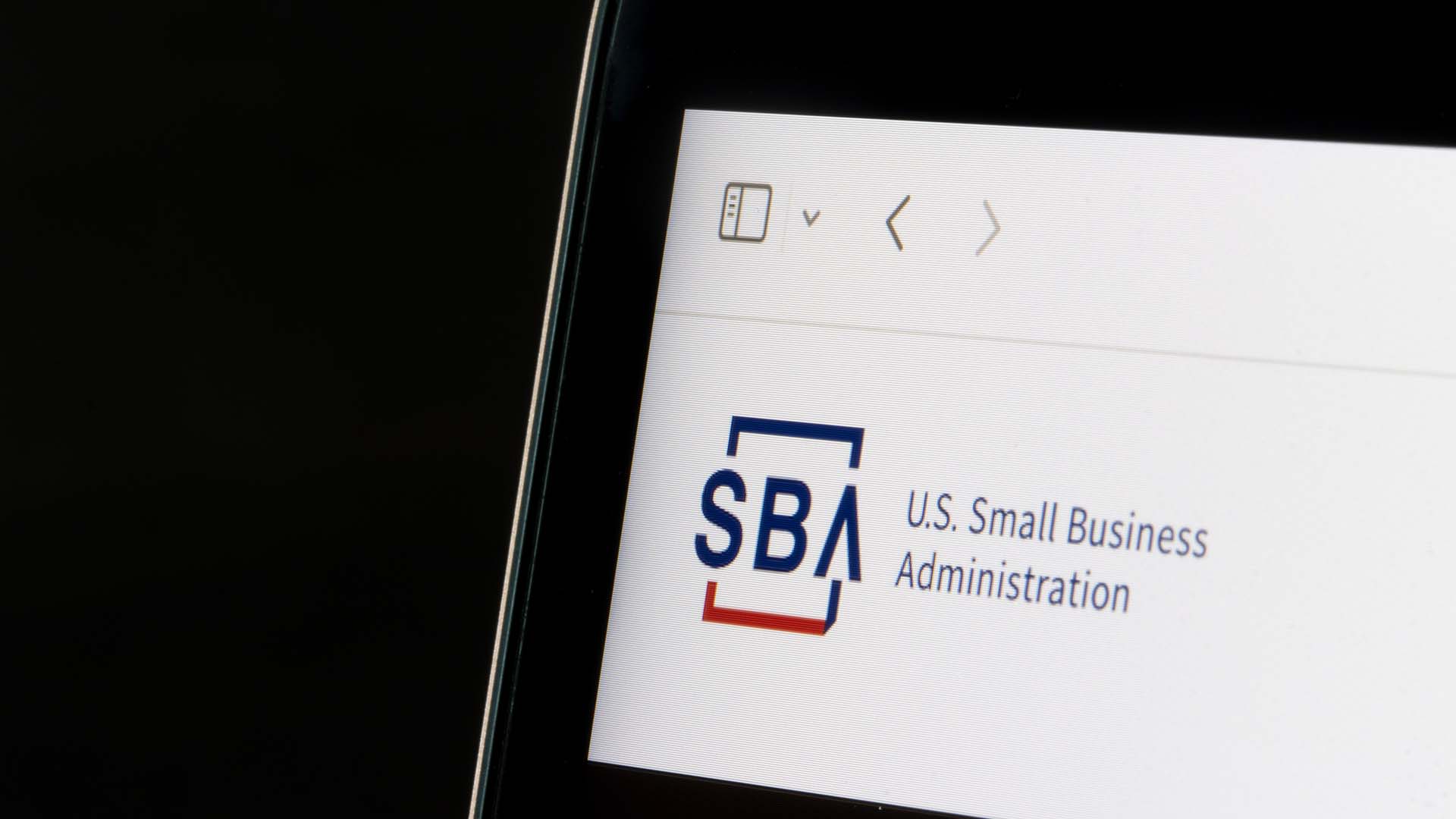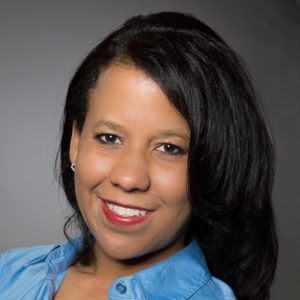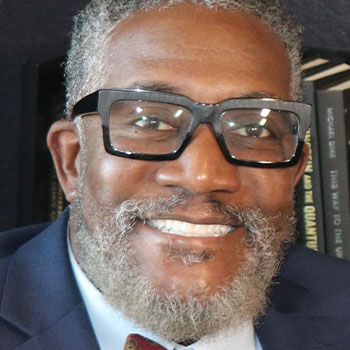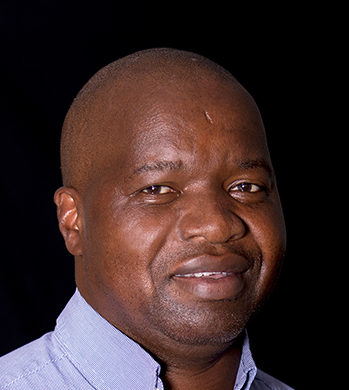How to bring the Black Lives Matter movement to your hometown
MSU Denver Women's Basketball player Ashley Bernales organized a BLM march to catalyze the movement for racial justice in her community. Learn how she stepped into a leadership role and hear her call to action.
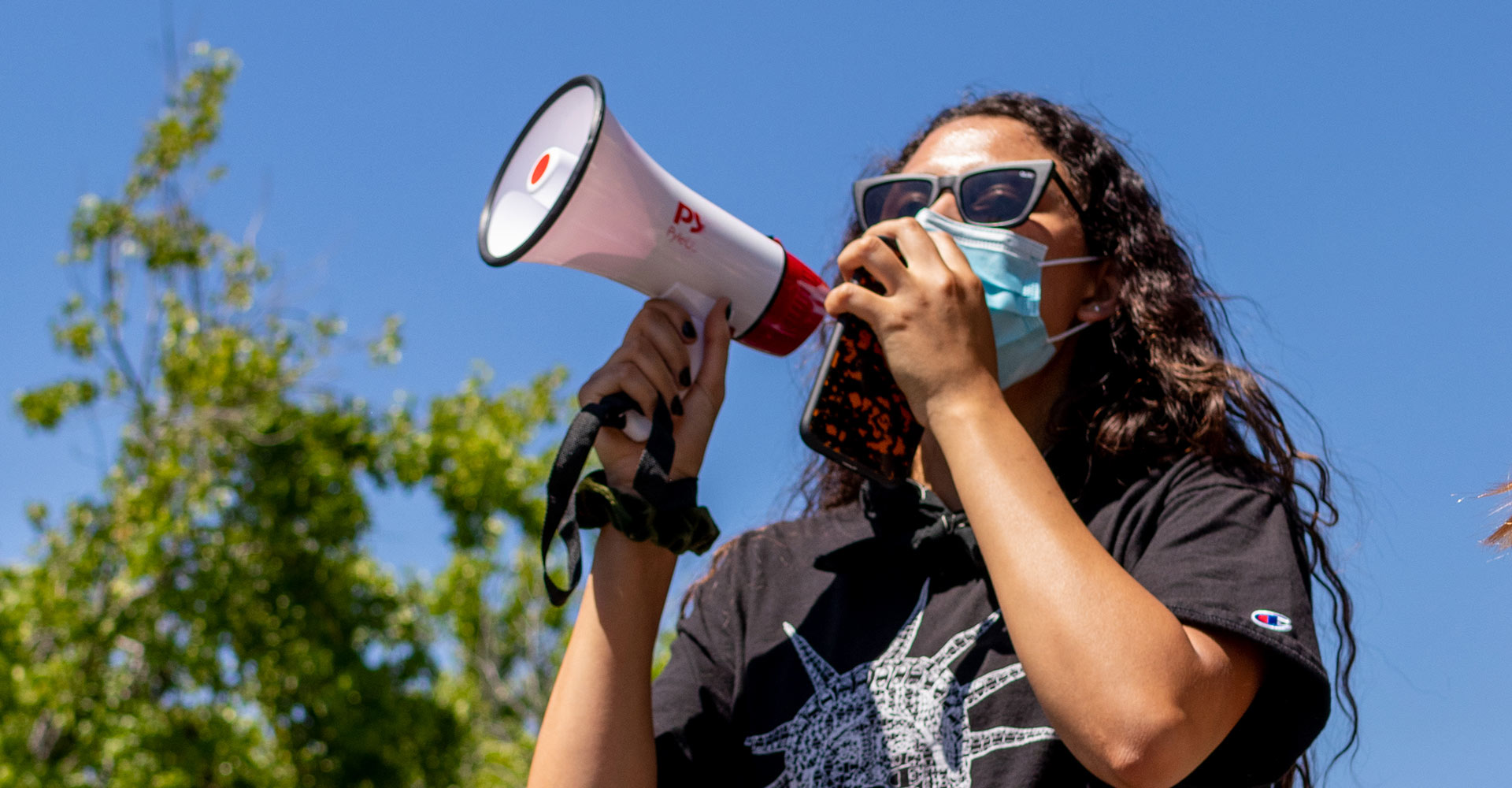
Ashley Bernales can see change – real change – happening. And she wanted to be a part of it.
The women’s basketball player from San Marcos, California, who just completed her first year at Metropolitan State University of Denver, started marching in Black Lives Matter protests in San Diego and then Poway, California.
And as she made plans to march in the California cities of Escondido, Carlsbad and Oceanside, it occurred to her that she could set up a protest and march in her hometown.
“This is definitely the first time I’ve done everything in my power to spread awareness and support the movement,” Bernales said. “There have been movements before, but I feel like now it just feels different. Now, with how much support there is around the world and what it stands for, it’s close to impossible to not change something.”
Over the course of a week, Bernales and friends organized and performed a successful and peaceful march in the San Elijo Hills area of San Marcos. She said San Elijo Hills is the most gentrified area of San Marcos and that much of the racism that she and others experienced while attending San Marcos High School came from white students who live in the area.
The four-hour event took place June 10.
Bernales gave the first of her three speeches at a town-square area. Then there was a 4-mile march along San Elijo Road. Back at the town square, there was an eight-minute, 46-second moment of silence for George Floyd (the black man who died after being pinned for that amount of time by a Minneapolis police officer, the tipping point for this latest and most effective Black Lives Matter surge). Bernales again spoke, then opened the mic to other community members.
“It was awesome,” she said. “And it had to be a certain way because of where it was. It would have been really bad for the community if it hadn’t gone the way it did. It went so well. Way better than I ever thought it could go.”
She wrapped up the event, which at times had an estimated 500 people in attendance, with one final message.
“Please take this fire to the polls,” she told the crowd. “The protests will stop. The (social media) posts will stop. The profile pictures will not be black. The black squares in your feed will be archived. What do you do then? How do we make these moments in history last past today?
“Take this momentum to the polls. Do not forget where you are today. Do not forget why you are here today when it comes time in November. We can do everything we are doing now, but it won’t matter if we forget why we’re here in November. Real change comes when we as a nation vote for the results we fight for in these streets today. Keep using your voice and keep fighting because change will happen if we all come together.”
During her first season with the Roadrunners women’s basketball team, Bernales showed flashes of becoming a tremendous outside shooter while learning the intricacies of the college game.
The psychology major also seemed a bit shy and quiet in the public arena.
Her transformation to community leader may have come quickly, but it didn’t surprise MSU Denver coach Tanya Haave.
“She’s very laid-back,” Haave said. “But her whole freshman year, we would talk politics, and she was very interested and very active. We really connected with that, and for just a freshman she was extremely knowledgeable.”

Bernales’ activism is yet another demonstration of the character of the MSU Denver student body. Her activism is supported not only by MSU Denver Athletics but also by the University as a whole.
“As someone who cares deeply about, always speaks up for and acts on behalf racial justice, this story moves me,” said Michael Benitez Jr., Ph.D., MSU Denver’s vice president for Diversity and Inclusion. “Ashley Bernales exemplifies not only one of many ways students can be intentionally and civically engaged in the community, but also her community engagement and activism for racial justice truly align with MSU Denver’s commitment to diversity, equity and inclusion for all.”
Haave planned to attend Bernales’ event in San Marcos, but the timing came just as MSU Denver student-athletes were allowed to return to campus for one-on-one workouts with coaches – the athletic programs’ first in-person supervised workouts since the COVID-19 pandemic struck in mid-March. Had Haave traveled out of state, MSU Denver protocol would have required that she self-quarantine for two weeks.
Bernales, whose father is Filipino and whose mother is half black and half white, said she experienced racism growing up but that even now the extent of racism in her community – and around the country – is just beginning to be revealed.
“It really takes people speaking up,” she said. “You think it doesn’t happen here. But if you speak up, people will listen to you.
“You assume it doesn’t happen when you don’t see it, don’t hear it and don’t talk about it. And that’s one thing that’s pushing this movement – people are speaking up and telling their stories. I really thought I understood, as a woman of color, but I realize now that I am still learning.”
Bernales said racist comments on social media by current and past members of her high school contributed to her inspiration to act.
“The high school and the school district had to put out a bunch of statements, so in doing this protest, it seemed like it was the perfect time,” she said.
She and her friends put out the word on social media and then she e-mailed every principal and assistant principal in the school district.
“One of my old teachers really helped me get the word out with the staff at my old high school,” Bernales said. “There were a lot of staff members there, a lot of students, a lot of people of different ages. It was awesome. People brought their kids. It was really good.”
“It is important that we recognize that it has taken us 400 years to get where we are right now and to stay in here today. In order to make today an actual step towards change, we must make these moments now last a lifetime. We cannot let this type of momentum, this frustration and emotion towards the systematic oppression of black Americans, be felt in silence after today, tomorrow, the next day and the years to follow.” –Excerpt from a speech by Ashley Bernales during a Black Lives Matter protest in San Marcos, California, June 10
Bernales’ group provided water, snacks, a poster-making station, hand sanitizer and extra masks, as well as water misters to help combat the afternoon heat.
Besides contacting school officials, Bernales coordinated with law enforcement.
“I was in contact with the sheriffs throughout the week, letting them know it was happening,” she said. “A deputy came down and supervised it and made sure we weren’t messed with – he was super-nice and super-awesome.”
Her initial speech was about keeping things safe.
“If someone is trying to incite violence upon this protest or its participants, say something so that it doesn’t ruin the name of peaceful protests across the nation,” she told the crowd.
At Bernales’ first march in San Diego, she said, she was there for about four hours and everything was calm and productive. Shortly after leaving, though, tear gas was fired into crowds.
“It got pretty nasty,” she said.
Still, it didn’t deter her.
“People asked me, ‘Aren’t you scared?’” Bernales said. “But at the end of the day, everything that I’m going to do and say comes 100% from my heart. I believe 100% what I’m saying. My love and passion for this movement outweigh any type of fear that I have associated with protesting, public speaking, being a voice, coming into contact with people who have conflicting ideas. It doesn’t matter, because I believe in this.
“I don’t get scared, only because at the start of every (protest), they say, ‘Keep this peaceful. Do not give the police any inkling of violence or retaliation.’ You see all these terrible things, but it is so not like that. It’s really meant to be peaceful. It’s just a few people who ruin the name of peaceful protests. One action is what the media focuses on.”
“I’m 110% supportive of her doing this,” Haave said. “What she’s doing is great. She called me about a week before and said she really wanted to do it, and she gave me some background on her community. She was a little nervous at first, but after she e-mailed her principal and it started getting momentum, you could hear the energy in her voice and you could tell how energized she was.”
In fact, the protest and march were so successful, Bernales may not be done yet.
“Now, we’re really thinking about another one,” she said. “I have an idea for exactly what I want to do with the next one.”

